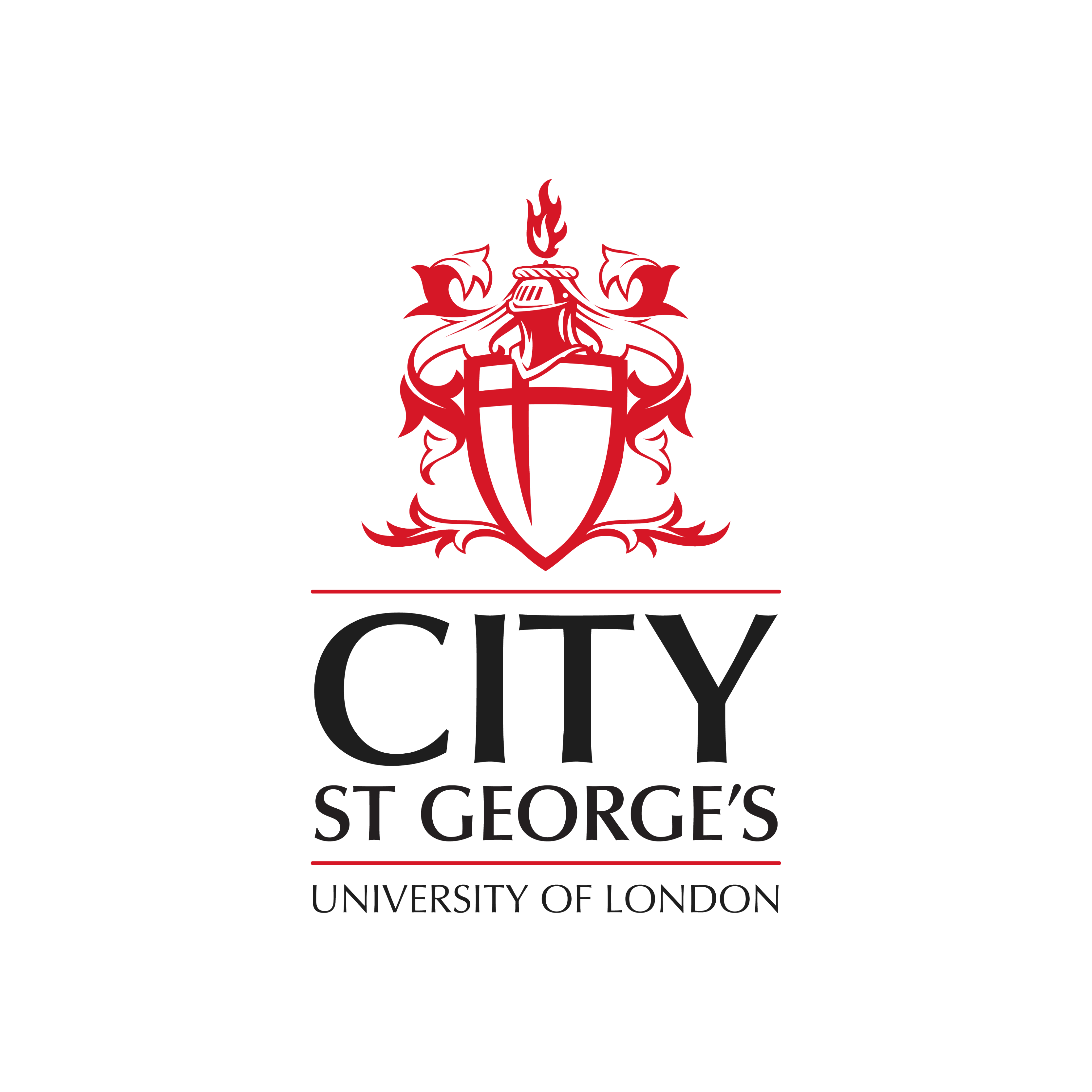How To Start Your Career In Journalism
Portfolio pieces aside, student media can also give you the time to develop your online presence, hone your job application process, and plan your next steps. While some might be ready to apply for job applications right away, others might benefit from a more formal journalism qualification like Chiara, Ian and Ali.
In terms of honing your presence, Chiara’s first piece of advice is to get on Twitter. “That helps with getting to know who the editors are, and what sort of things they’re after. In terms of portfolio things, I think LinkedIn is really good, especially when you’re first starting out. Don’t be scared of sounding like you’re big-headed. And then a website is really useful too – it just makes you a little bit more professional, even if it’s a really basic website.”
Above all though, it’s important to persevere and be open to new opportunities. “Establishing yourself as a hard worker is really important,” concludes Ali. “ Finding and putting together great and original stories that have an impact on people’s lives requires a lot of hard work and determination. The best news reporters are industrious, tenacious, and happy to put the hours in to get to the bottom of the story. They’re always out there making contacts, trying to get to the bottom of what’s going on.”
“The main thing I’d say is don’t be afraid of making mistakes,” adds Ian. “You’ll learn much more from sending that pitch that isn’t that great or trying something that doesn’t sound that exciting. There are so many ways to get into this job and it’s a really rewarding career to be in.”





